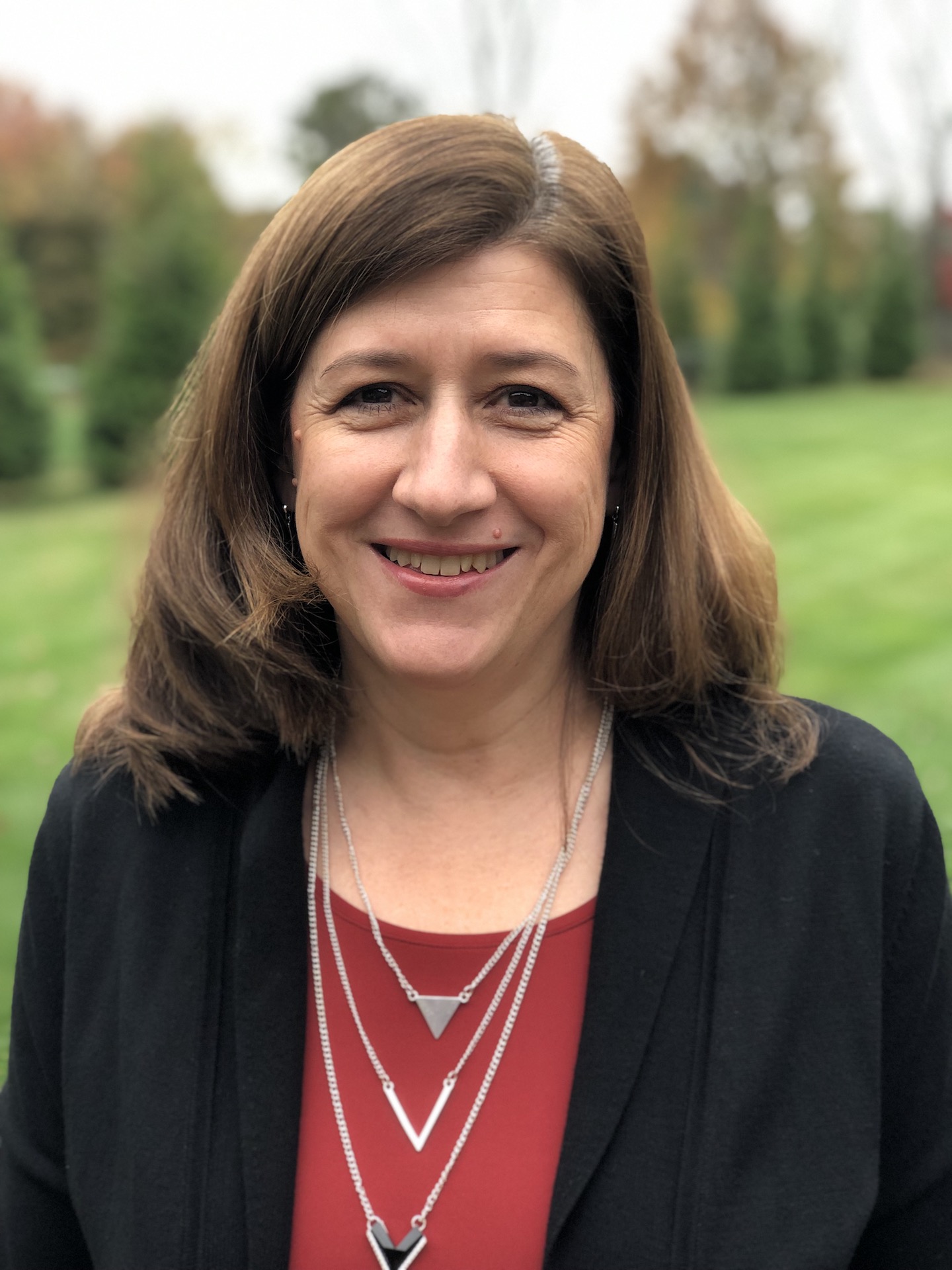By Josephine Vonarburg of Transitions College Advising
During the college search process, students typically focus on getting into college and don’t think about what will happen beyond that. But getting an acceptance letter doesn’t guarantee success. With graduation rates lower for students with learning differences than their non-ld peers (NCSER), ensuring students have a successful transition to college should be an integral part of the planning process. We can start by giving students a clear and realistic view of what college will look like and then helping students develop the skills to face those new challenges.
Understanding the Important Differences between High School and College
Students can find lists of the differences between college and high school with a simple Google search. Often cited items are living away from home for the first time, not knowing many other students in class, taking fewer tests, etc. These are all true, but students with LD need to be aware of and prepare for three significant differences.
- The Responsibility for Learning Shifts to the Student. Students spend less time being “taught” in college and more time “learning.” Consider this: In high school, a typical course lasts an entire school year, and the student will be in a classroom for that course for an average of 135 hours. But in college, a course only lasts one semester, and the student is in the classroom with the professor for an average of 35 hours. What accounts for that 100-hour difference? High school teachers do more than present new content. They help students preview the material, go over homework, and review for tests. But in college, students are responsible for initiating and managing those learning tasks outside of the classroom, often without guidance. Students are suddenly in the driver’s seat as learners, and they will need practice taking charge.
- There is More Unscheduled and Unstructured Time. A student is in class only for about 15 hours a week during a typical semester compared to about 30 hours in high school. There is little routine, and classes begin at different times every day. In addition, most of the work requires long-term planning. Students will be given a syllabus at the beginning of each semester that provides assignment deadlines and test dates for the entire semester, and they receive few reminders after that. Managing unscheduled time and long-term assignments is a new experience for most students and can be challenging for students with learning differences.
- Self-Awareness and Self-Advocacy Skills are Essential for Success. There is a great deal of support at most college campuses through disability services, tutoring and writing centers, career services, and more. But the help is only available to students who ask for it. Students need to recognize what type of help they need and when they need it. Students also need to ask for help effectively and appropriately. Self-advocacy, the ability to understand one’s needs, articulate these needs to others, and clearly and appropriately ask for help, is essential to success in college. But this skill requires time and practice to develop.
Preparing for the Transition
It may seem that students with LD are being asked to jump off a cliff when high school ends. But it isn’t a cliff; it’s just a gap between high school and college that students need to bridge with our help. Focusing on transition can help students build that bridge and gradually develop the essential skills to succeed in college.
- Help Students Take Ownership of Their Learning. The most important thing parents and others who work with high school students can do is gradually put the student in the drivers’ seat. By slowly stepping back, we can help the student begin to make choices about their learning. One way to do this is by asking the student questions instead of telling the student what to do. For example, instead of saying, “I see you have a test tomorrow, let’s start by going over your notes,” ask, “What’s on the schedule for tomorrow? What is your plan for preparing for that?”. Of course, we can intervene if needed and guide the student in the right direction, but it is essential to start giving the students ownership of their learning.
- Help the Student Develop Good Time Management Habits. Time management is an ongoing struggle for many students as they transition to college. Students with executive function challenges and ADHD may need continued assistance from an EF coach or tutor, and assessing that need is part of the transition process. But in some cases, we can help students develop the habits and skills they will need to manage large amounts of unstructured time. First, we can help students find and use tools to keep track of due dates and deadlines. It doesn’t matter if it’s a whiteboard calendar, a traditional paper planner, or a digital planner or app as long as they use it consistently. Secondly, we can show students how to think long-term and break down projects into smaller, more manageable tasks. Finally, we can teach how to set effective goals and define the steps to achieve them, another skill related to time management.
- Help the Student Develop Self-Awareness and Self-Advocacy. By the time students graduate high school, they should understand their disability, how it affects their learning, and what types of accommodations are helpful. Helping students read their IEP or 504 Plan and encouraging students to ask questions at IEP meetings is an important step. Also, have discussions about what accommodations are the most helpful and why. This doesn’t have to happen all at once. When students are freshman, parents can guide these conversations. Once self-awareness is more developed, students should be allowed to practice self-advocacy. For example, they should gradually become active participants in the IEP meetings. If they have questions for teachers, parents can show them how to write emails early on in high school, but give them more of that responsibility by senior year. The more practice they have in high school, the easier it will be to transition to college.
Some Helpful Resources
The key to any successful transition is preparation and planning. Students with LD will need to have a clear and realistic view of what college looks like before the planning process can begin. Luckily there are many resources to help better understand these issues. Organizations and websites like LDA, IDA, CHADD, Autism Speaks, Understood, AdditudeMag, and LDOnline all provide invaluable information to parents and students during the college planning and transition process. Another excellent resource is current college students. Ask them about their experiences and challenges and ask for advice on how to prepare. College disability offices also provide important information. It is a good idea to contact them to ask about eligibility requirements, and accommodations. Some colleges offer additional services such as time management assistance, specialized academic advising, and mentoring. There are several resources to help identify these schools. The K&W Guide to Colleges Programs & Services for Students With Learning Disabilities and ADHD is a guidebook that lists colleges with coordinated and structured services. Also, the websites CollegeWebLD and College Supports for Learning Differences allow you to search colleges by the types of support they offer. If students use these tools, it is essential to call or visit these colleges and confirm they offer the appropriate for student.
About the Author: Josephine Vonarburg is an Independent Educational Consultant and the owner of Transitions College Advising. She specializes in guiding students with learning differences and their parents through the complex process of finding a college or other post-secondary program where the student can thrive both academically and socially. Before becoming an IEC, Josephine worked as a Learning Specialist at Fairleigh Dickinson University’s Regional Center for Learning Disabilities for 15 years. During that time, she was a tutor, advisor, and coach and helped students develop the skills and confidence necessary to achieve success. She is an Associate Member of the Independent Educational Consultants Association and NJACAC. She has a Bachelor’s degree from Georgetown University and Master of Education degree from Boston University. She has been teaching and advising college students since 1992.







